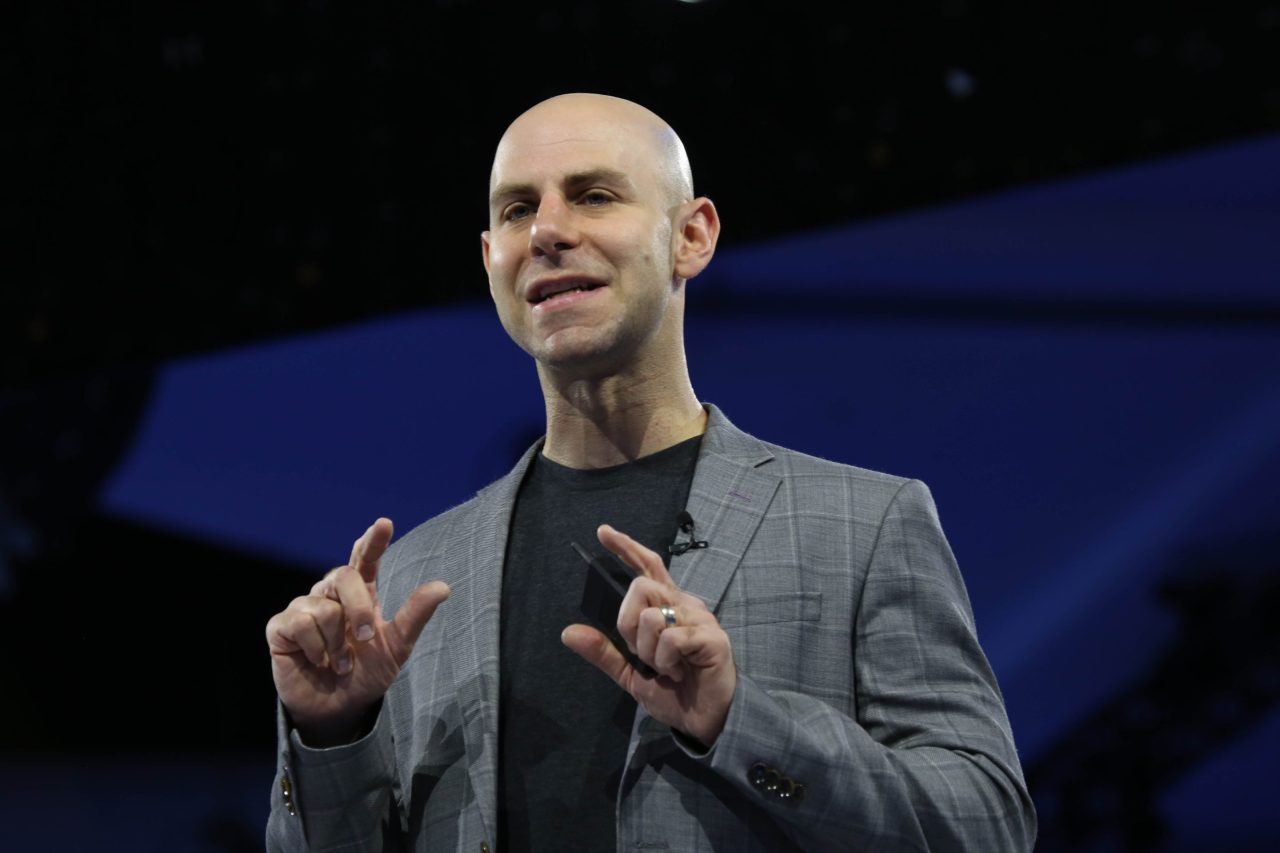The global HR technology sector has been shaken by a massive corporate espionage scandal as a former Deel employee admitted to leaking confidential company secrets to a competitor. The revelation has sent shockwaves through the industry, raising concerns about data security, intellectual property theft, and corporate integrity.
The Shocking Admission
In a statement released earlier this week, the accused employee—whose identity has not yet been fully disclosed—acknowledged leaking internal documents, client strategies, and proprietary technologies to a rival firm. The admission came after an internal investigation by Deel’s cybersecurity team uncovered suspicious activities involving unauthorized data access and communication with external parties.
How the Scandal Unfolded
The controversy began months ago when Deel’s security systems flagged irregular access patterns within the company’s internal network. These irregularities triggered a deeper probe, which ultimately led to the discovery of substantial data leaks. Among the stolen information were:
- Confidential client agreements and pricing structures
- Proprietary HR software developments
- Internal company policies and future expansion strategies
- Employee data, including performance analytics and hiring practices
Sources within Deel suggest that the information was systematically siphoned off over several months before the breach was fully identified.
Industry-Wide Implications
This breach is more than just a Deel problem—it signals a broader concern for the HR technology sector, where companies manage vast amounts of sensitive employee and corporate data. Industry experts warn that:
- Competitor Espionage is on the Rise: As HR tech firms continue to innovate, competitors may resort to unethical means to gain an edge.
- Data Security Needs Urgent Overhauls: Companies must implement stronger cybersecurity measures to prevent internal breaches.
- Legal Ramifications Could Set Precedents: If Deel pursues legal action, this case could establish stricter guidelines for handling corporate espionage within tech firms.
Deel’s Response
Deel has responded swiftly to the scandal, reinforcing its commitment to data security and corporate ethics. In an official statement, the company outlined key measures it is taking:
- Immediate Strengthening of Security Protocols: Implementing advanced monitoring systems and restricting data access to essential personnel.
- Legal Proceedings Against the Employee: Pursuing charges against the accused to serve as a deterrent to future incidents.
- Reviewing Third-Party Relationships: Ensuring that external partners and contractors are held to strict confidentiality standards.
CEO Alex Bouaziz emphasized that Deel remains dedicated to protecting its clients and employees, stating, “We take this breach seriously and will take every possible action to ensure our company’s integrity and trust remain intact.”
The Future of Corporate Security in HR Tech
This scandal underscores the urgent need for companies, particularly in HR technology, to reassess their cybersecurity measures. Experts recommend the following steps to prevent similar breaches:
- Enhanced Employee Training: Educate staff on data security best practices and the consequences of corporate espionage.
- Stronger Access Controls: Implement role-based access restrictions to limit exposure to sensitive information.
- Regular Security Audits: Conduct frequent internal audits to detect suspicious activities early.
- Legal Protections: Strengthen employment contracts with clear non-disclosure and non-compete clauses.
What Happens Next?
As Deel moves forward with legal actions and damage control, the entire HR industry is watching closely. Will this scandal reshape corporate security strategies? Will rival firms face scrutiny over their own data handling practices?
One thing is certain: the Deel espionage case is a wake-up call for businesses handling sensitive data in an era where information is the most valuable currency.




